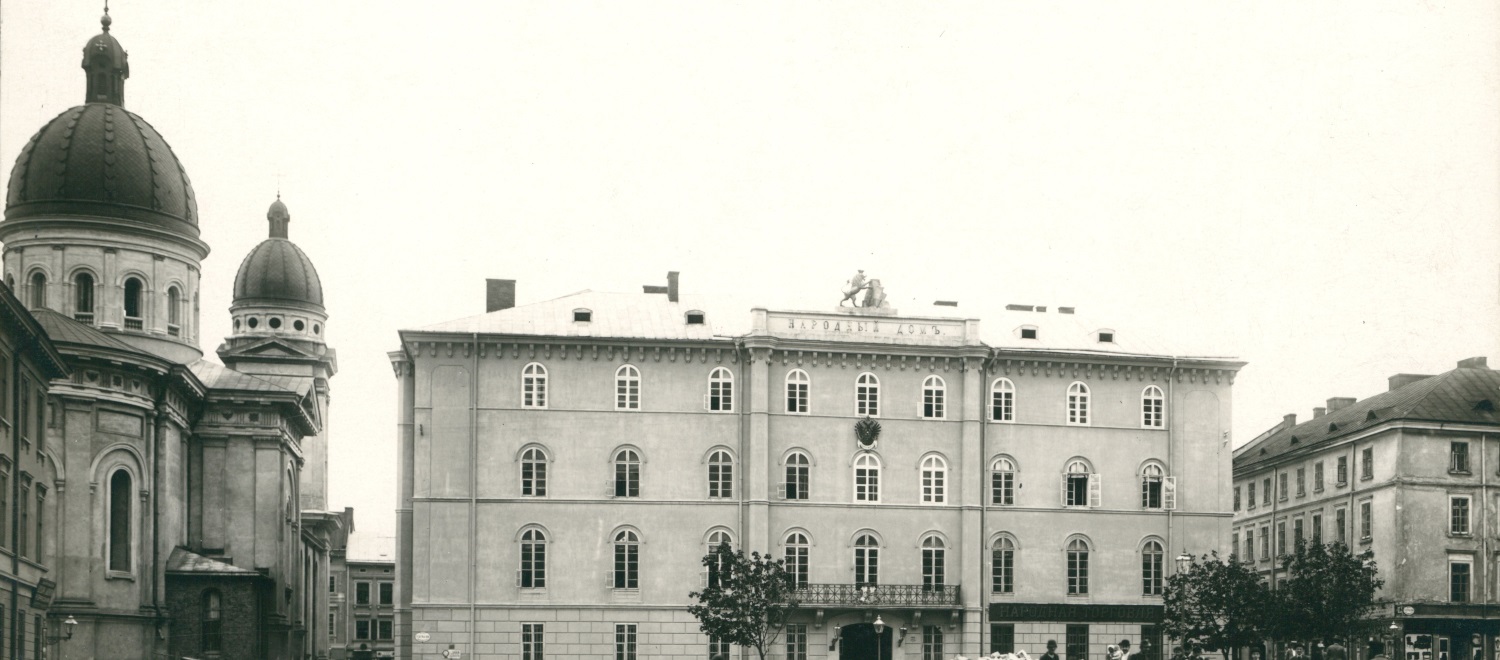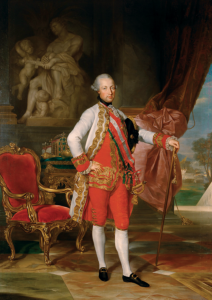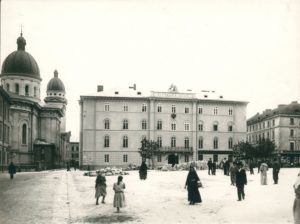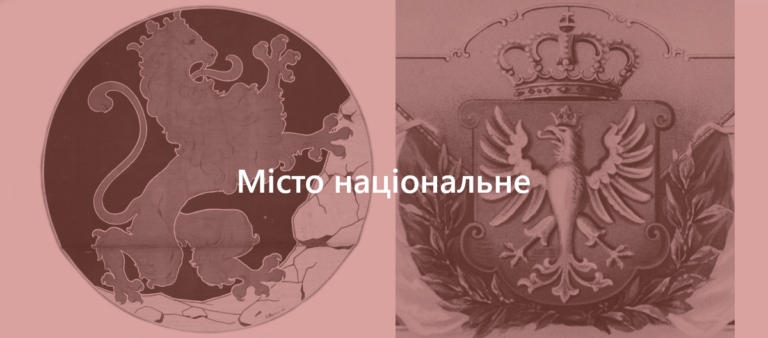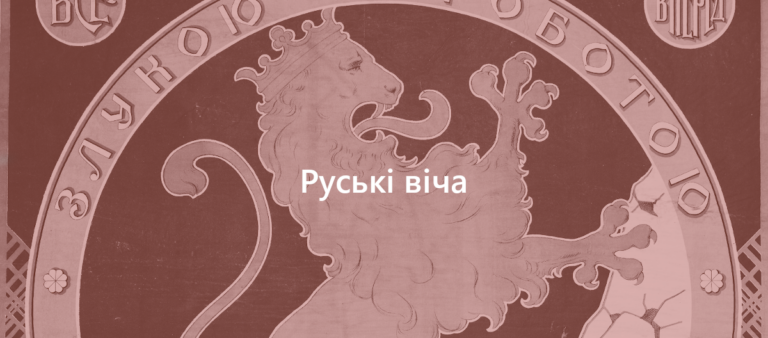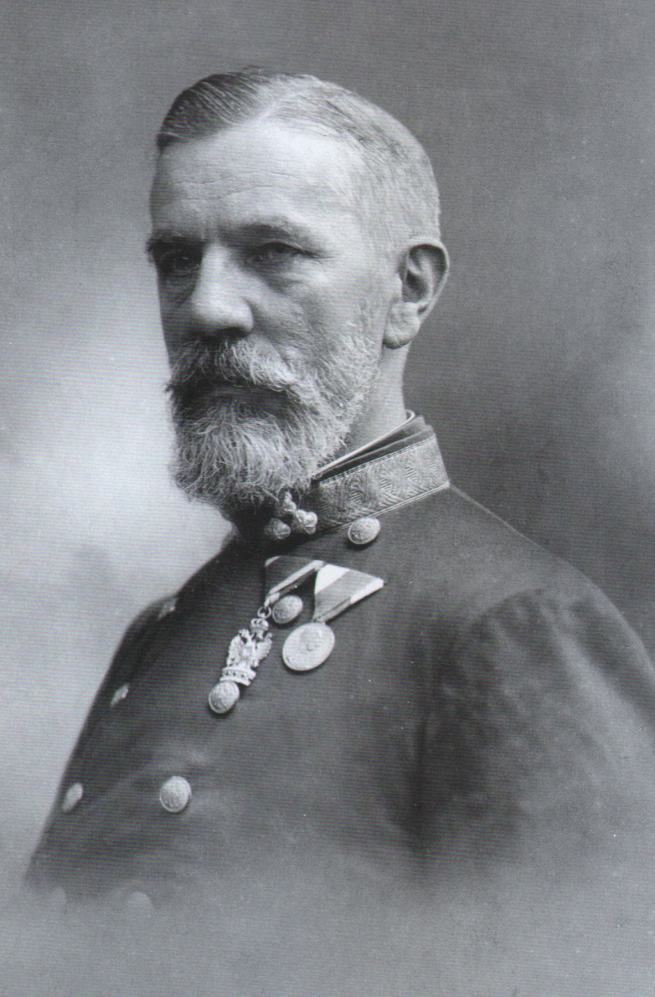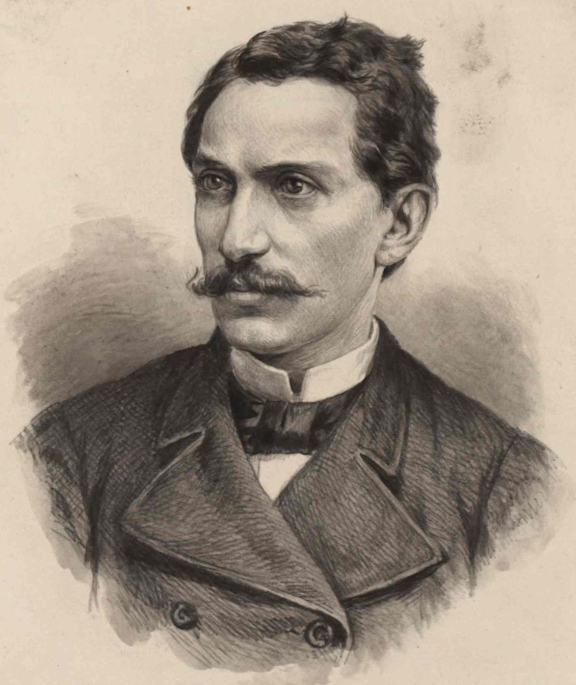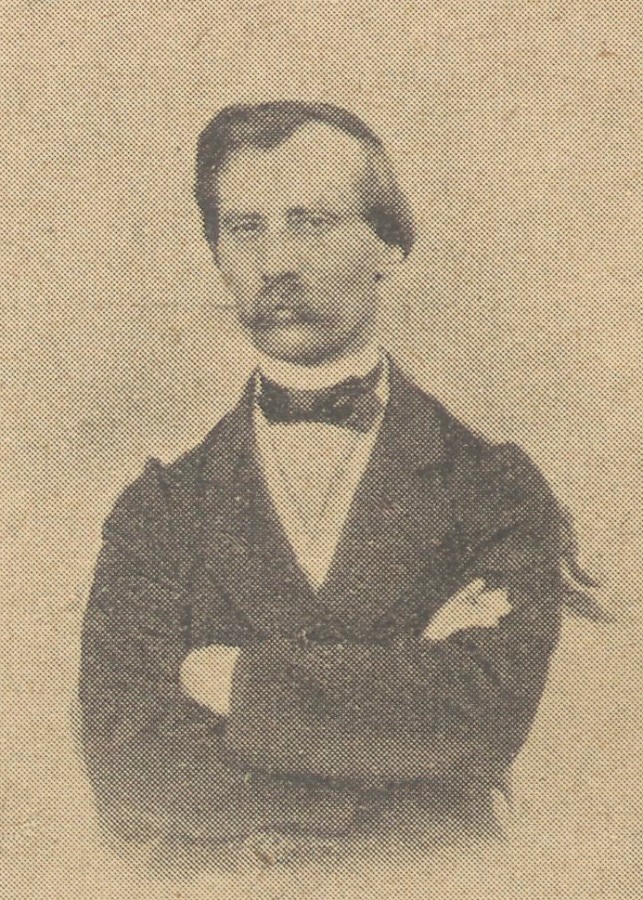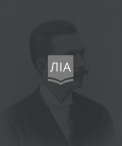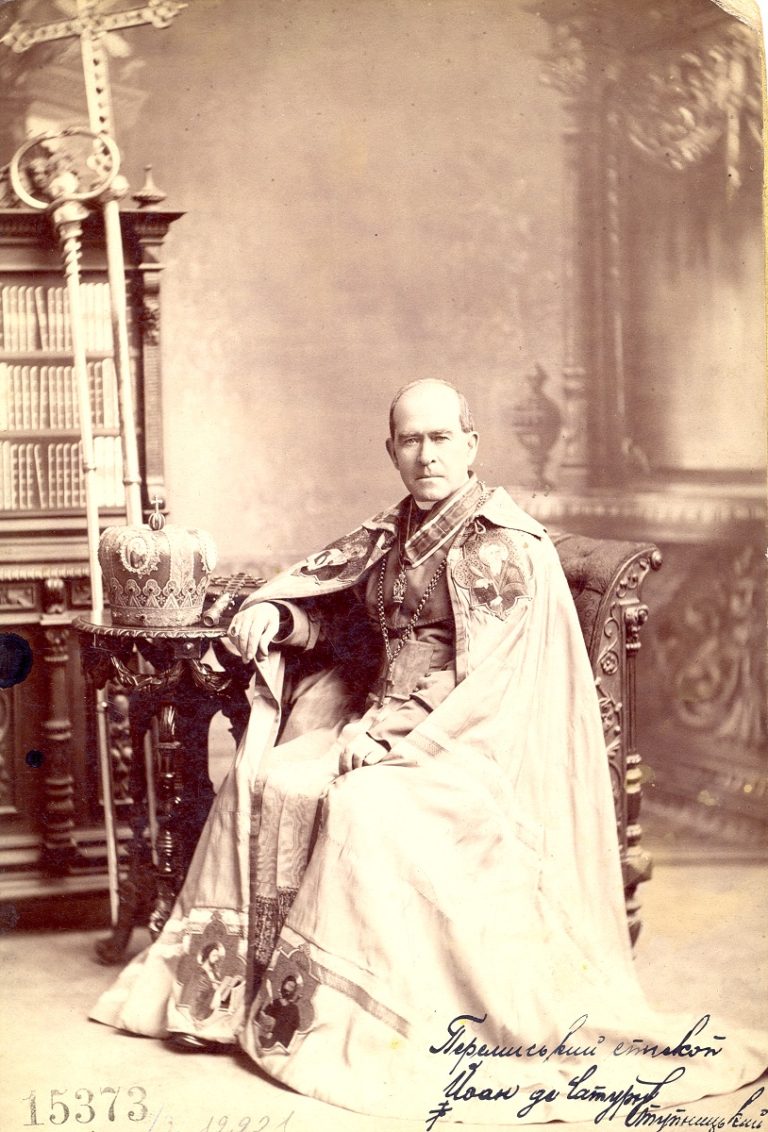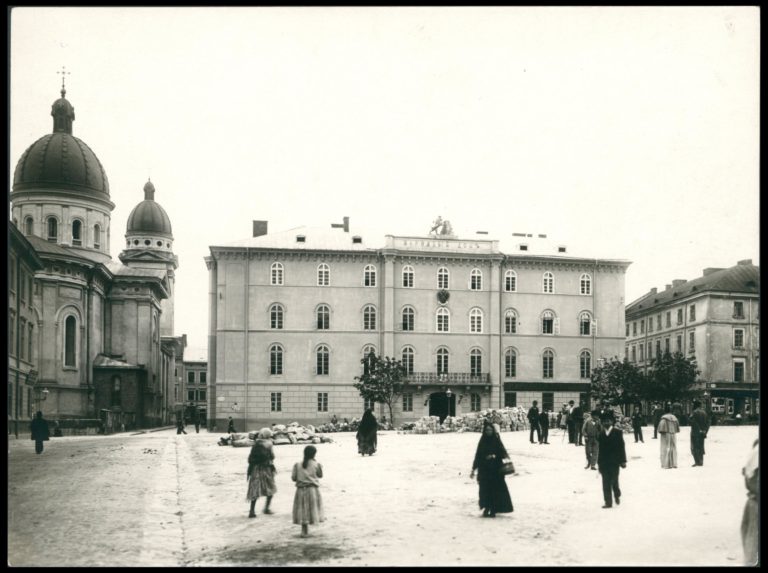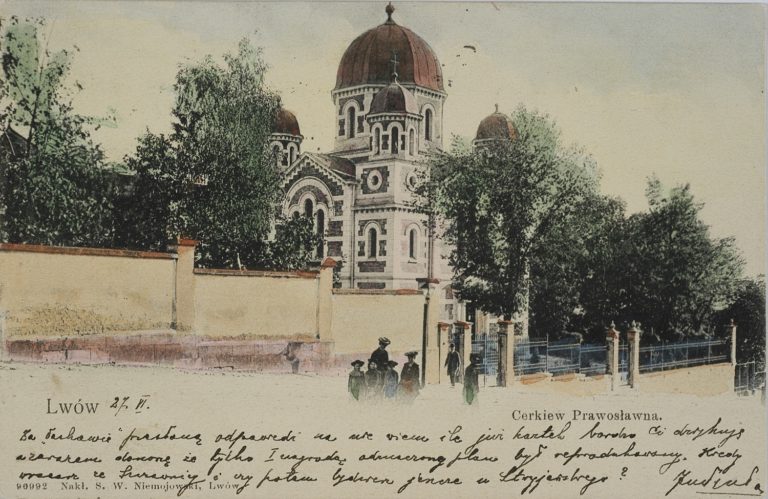In 1880 an event took place that became the first step in the process of transforming Lviv into the "capital of the Ukrainian movement" in Galicia. The Ruthenians began their All-National Viche dedicated to the centenary of the reign of Emperor Joseph II on the same day that the Poles celebrated the 50th anniversary of the November Uprising.
Organization an Preparation
The holding of a general assembly of Ruthenian societies in Lviv at the end of November 1880 was a challenge for the Poles in terms of form and content.
On the one hand, the Polish democrats were celebrating the 50th anniversary of the November Uprising, since, by coincidence, the reign of Joseph II began on November 29, 1780, and the November Uprising broke out on November 29, 1830. Among Ruthenians, the figure of Emperor Joseph II, "patron of the Greek Catholic Church and patron of the peasants," was associated with liberation and emancipation. For Poles and many other peoples of the Empire, however, Joseph II was the personification of Germanization and centralism, while for Austrians and Germans he was an example of a liberal reformer.
On the other hand, it was a response to Polish conservatives who had virtually ignored Ruthenian initiatives in the preparation of Franz Joseph's recent visit. Metropolitan Yosyf Sembratovych and Bishop Ivan Stupnytskyi were members of the organizing committee, but no representatives of secular Ruthenian national institutions were among the organizers of the visit.
The meeting was also a step taken by the national populists towards the Russophiles, who in early September had attempted to compile a list of "Polish abuses" to be presented to the Emperor during his visit to Lviv. The populists, whose position prevailed at the time, did not want to spoil the visit and generally tried to dispel doubts about their loyalty to the Habsburgs and deny rumors about their alleged sympathy for the Romanovs. It was therefore decided to hold the general assembly after Franz Joseph's visit, so that it would coincide with the anniversary of Joseph II as a "national holiday of freedom and equality."
Representatives of the Prosvita Society, the National House and the Russofile Ruthenian Council met at the Stavropegion Institute as the "Committee for the Celebration of the Reign and Reforms of Joseph II." The events planned under their leadership were to cover the whole of eastern Galicia.
The Course of the Event
On November 29, a solemn service was held at St. George's Cathedral to commemorate the centenary of the reign of Joseph II. Similar services were held in Greek Catholic churches throughout the province. In the evening, about 600 participants, including 200 delegates from the villages, gathered in the National House to listen to speeches and music. In particular, a choir performed the cantata with which they had welcomed Franz Joseph in September.
The next day, November 30, "hundreds of Ruthenians," including delegates to the General Assembly, as well as students, priests, and intellectuals, gathered in Sviatoyurska (St. George's) Square for another solemn service.
In the evening, the actual meeting began in the hall of the National House. The building was decorated in much the same way as it had been for Franz Joseph's reception in September. The only difference was that this time portraits of Joseph II were hung on the walls. The Viennese press reported 2500 participants in the meeting, while police records indicated 1400. The Polish liberal press, with an obvious ideological bias, reported that the hall of the National House, designed for 300 people, was not full.
The main theme of the speeches was the idea of equality of the peoples of the Empire in politics, economics, and education. Loyalty to the dynasty, the need for self-organization, and criticism of the provincial (actually Polish) authorities were also discussed. The main speakers, Ivan Naumovych and Volodymyr Barvinskyi, accused the Poles (and Jews, at the same time) of suppressing the Ruthenian national movement and abusing power in the autonomy. At the same time, Barvinskyi, a national populist, spoke more about the Austrian period as a time of emancipation for Ruthenians, while Naumovych, a Russophile, emphasized that after 1848 Ruthenians did not receive the recognition they deserved.
Meanwhile, the head of the National House, Vasyl Kovalskyi, was sent to Vienna to lay flowers on the tomb of Joseph II. The delegation of Ruthenians from Galicia was the only non-German delegation to take part in the celebrations in the capital of the Empire. From Bukovyna, for example, came representatives of German communities. Thus, the Ukrainians found themselves in the company of German politicians who opposed the "clerical-federalist tendencies" in the government, while the rest of the Slavs of the Empire preferred not to participate in this anniversary and actively worked with the government of the time toward greater federalization.
Later Interpretation of the Event
As Oleksandr Barvinskyi recalled, it was "the first national assembly in Lviv with a purely national purpose." That is, the beginning of a new phenomenon in politics, even though assessments varied among the Ruthenians themselves, from "friendship with Russophiles" to "taking those sane out of the custody of Russophiles."
The opinions of the Poles were even more interesting, not to mention the number of participants in the meeting they reported. The Dziennik Polski published a satirical pamphlet and even tried to distribute it, but the police confiscated it. Conservatives from the Krakow-based newspaper Czas also harshly criticized the event. They wrote, for example, that the Greek Catholic Church was still exploiting the peasants 100 years after they were granted "freedom" or that the peasant delegates did not understand the content of the printed resolutions they were taking back to their villages. In addition, they condemned the attitude of Ukrainian politicians who opposed the Polish lords only to Ruthenian serfs, although there were Polish serfs as well.
Consequences
Owing to the anniversary of Joseph II, some Ruthenian intellectuals managed to organize a large-scale political event in Lviv. With the help of the press, the resolutions of the assembly were brought to the reading rooms, which was important for further political mobilization. In the future, similar meetings were convened; they were transformed over time and began to resemble ordinary political rallies.
Since the Ruthenians were practically the only Slavs in Austria celebrating the anniversary, they were mentioned in the central press.
Yet, as the Krakow-based Czas later argued, nothing terrible happened to the Polish national project as a result of these meetings. No single organization was created to represent these "millions of oppressed Ruthenians." It was, by and large, just a big rehearsal of speeches about oppression, which were then repeated year after year in the Parliament and the Galician Diet.
